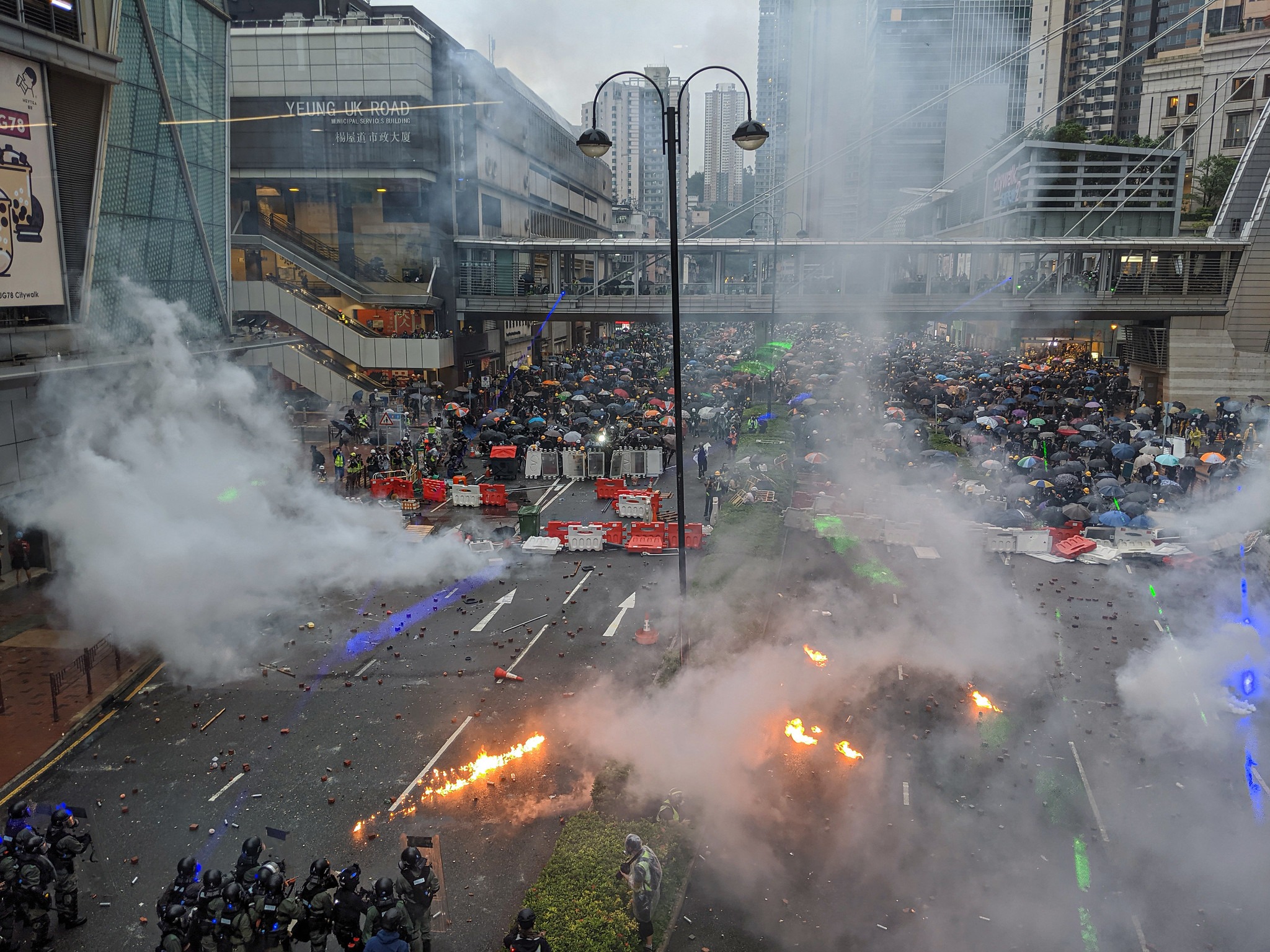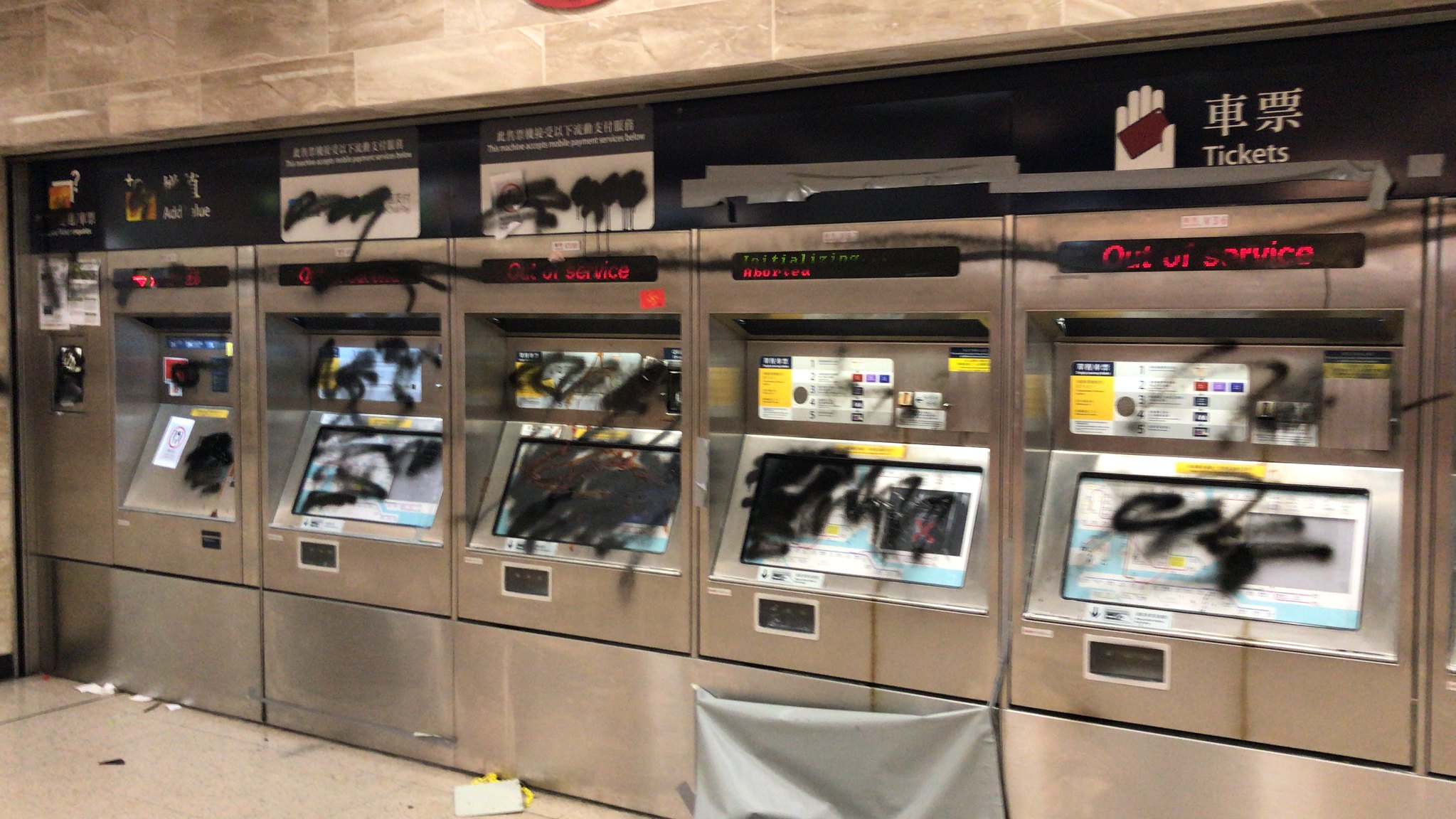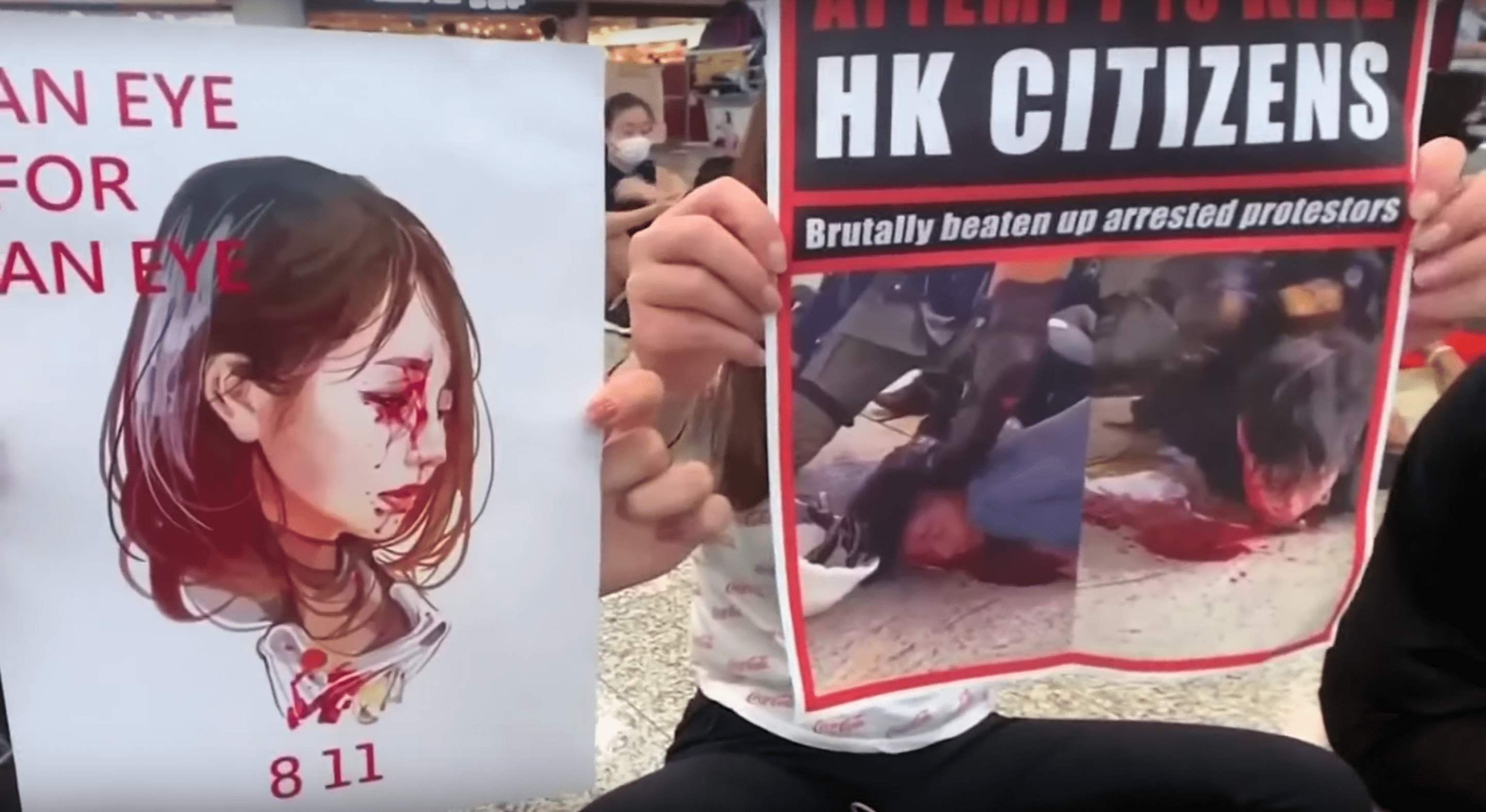Tribes of Hong Kong

By Shaun Tan
Founder, Editor-in-Chief, and Staff Writer
17/10/2019

Picture Credit: Studio Incendo
The protestors crowded the streets of Wanchai in their thousands, thick as a swarm of bees. And, as bees often do, they pulsed: with zeal, with excitement, with anger.
Yet, when an ambulance needed to pass, the crowd quickly made way for it, parting like the Red Sea. Many observers, astonished, remarked how this could only happen in Hong Kong. Only in Hong Kong are protestors so conscientious. Only in Hong Kong could millions of people come out to protest and not harm a single person nor destroy a single establishment. Only in Hong Kong do protestors clean up after themselves.
That was four months ago, and no one would say that now. Since then, the protest movement has metastasized, with a certain portion of the protestors becoming increasingly violent, and many of the others becoming increasingly inured to that violence. Some protestors now smash stores, vandalize and burn subway stations, torch barricades on roads, and beat up people with opposing political views. Umbrellas and gasmasks were long implements of Hong Kong protestors; now there’s a new one – the petrol bomb. Whilst it’s true that the majority of the protestors are peaceful, those people have been reluctant to condemn the violent protestors. In fact, some explicitly refuse to “sever ties” with the radicals, who they affectionately call “the braves,” and who have become the defacto militant wing of the movement.

Subway station vandalized by protestors (Picture Credit: Calvin Chu)
Most worrying is the sense of tribalism that seems to be engulfing Hong Kong. In her article in The New Yorker, Megan K. Stack revealed how some protestors, armed with trekking poles, seem to be going out with the specific intention to brawl with the police. On the 1st of October, a protestor was shot after he attacked police officers with a metal pipe. On the 12th, a protestor slashed a police officer’s neck with a sharp object. Many protestors have even called for the abolition of the police force, saying it has forfeited the public trust. And it’s not just “the Popo” (as they derisively call the police) and obvious symbols of mainland Chinese authority that they consider legitimate targets for their rage, but anyone deemed to be in league with or sympathizing with them, including the subway authority, the Bank of China and other mainland-linked businesses, Starbucks and other franchisors of the Maxim’s Group, a local actress who supports the police, and a hapless J. P. Morgan banker from the mainland. This violence is justified, many protestors say, because of police brutality against them, and thus we have the old cliché of violence begetting violence, with the police, unsurprisingly, citing the attacks against them to justify the use of more brutal tactics. And all the while, social media bristles with images and videos shared by partisans, purporting to show abuses committed by the other side.
Some protestors seem to be going out with the specific intention to brawl with the police.
This dynamic is less common to Hong Kong than it is to lawless, war-torn regions like the Middle East, where tribes are locked in endless feuds, with one tribe killing a member of another tribe over a grievance, and the latter tribe killing a member of the former to avenge it, and the former tribe retaliating by killing a member of the latter, and so on. The fact that this dynamic has developed in a place as civilized as Hong Kong over just a few months is, and should be, alarming. The original stimulus of the protests – the extradition bill – has long been withdrawn and forgotten; the cycle of violence has generated its own self-sustaining momentum.

Protestors accuse police of brutality
Aside from the moral wrong of this violence, it’s also striking how senseless it is. Though the extradition bill was withdrawn, protestors have continued to demonstrate, having expanded their demands to include an independent probe into police brutality in relation to the protests, and, more ambitiously, amnesty for arrested protestors, the resignation of Chief Executive Carrie Lam, and genuine universal suffrage. Whilst the independent probe is a logical and realistic demand, the other three are much less so. A government that upholds the rule of law cannot grant violent protestors amnesty for their crimes (especially not whilst simultaneously holding the police to account for its abuses), Lam would just be replaced with another pro-Beijing stooge even if she stepped down, and you can’t expect Beijing to give Hong Kong genuine universal suffrage when Hong Kongers’ sentiment towards the mainland is now so hostile that they’d probably elect a chief executive who’d make the territory even more difficult for Beijing to manage.
Most of all, though, Beijing is extremely unlikely to give in to any more demands because it has no way of knowing if doing so will stop the protests or prompt even more demands. The nebulous, and vaguely provocative protest slogan “Liberate Hong Kong; revolution of our times!” (whatever that’s supposed to mean) doesn’t help. Many protestors insist that the government’s withdrawal of the extradition bill was “Too little, too late.” Whilst that’s undoubtedly true, they say that like they’re at the mercy of their passions, with no choice but to continue down their current course once aroused, rather than humans capable of rationality. They have ceased to think; instead they only feel, emote, react. The protest movement, originally so focused on getting the extradition bill withdrawn, is now flailing, lashing out at all its perceived enemies without strategy.
The most important reason the violent protests are so senseless, however, is this: it plays to Beijing’s strengths. Escalating violence ultimately favors the party with the greatest capacity for violence – and everyone knows who that is. It’s a bad idea to engage in a knife-fight with someone with a bigger knife. Violent protests sacrifice the moral high ground and diminish what Hong Kong media mogul and democracy advocate Jimmy Lai correctly identified as the protestors’ greatest strength – their moral force. Make no mistake: the Chinese Communist Party (CCP), which rules China, is authoritarian and incompetent, and Hong Kongers have the moral right to resist its attempts to erode their freedoms and to demand democracy (which is a right common to people the world over). And they have the right to be angry with the CCP and its puppet government in Hong Kong. But righteous anger is not enough. Righteous anger, undirected and undisciplined, degenerates into violence, and squanders its own righteousness, making it easier for Beijing to make the case for armed intervention, on the grounds that only that can restore peace and order and safeguard the rights of Chinese people and businesses in Hong Kong.
It’s a bad idea to engage in a knife-fight with someone with a bigger knife.
In order to win, the protestors will have to direct their anger strategically, something virtually impossible for a leaderless movement to do. It’s regrettable that none of the “adults in the room,” respected pro-democracy leaders like, say, Anson Chan and Martin Lee, have stood up to check the excesses of the protest movement, to temper some of its overreaching expectations, and treat with the government on its behalf. They need to. They need to separate the more realistic protest demands from the less realistic ones. They need to explain that there is no alternative to the police force, and that if it were ever “abolished,” things would get even worse very quickly, and that, like it or not, Hong Kong is and will remain part of China, if only because it doesn’t have the army required to change that. They need to unequivocally condemn protestor violence, as strongly as they condemn police brutality. They need to remind protestors that there is nothing “brave” about vandalism and hooliganism, that they cannot defend Hong Kong’s unique rule of law by flouting it, and that responding to opinions they dislike with coercion is the very thing they hate the CCP for. They need to remind them that the norms of civil behavior that are being lost – peaceful protests that make way for ambulances and clean up after themselves – are precious too, and part of what makes Hong Kong special.
This is a hard thing to do, and harder still when the police sometimes use disproportionate force, and human rights activists are beaten on the streets by gangsters. But the only alternative is the escalation and normalization of political violence and the bloody spiral of the tribal feud dynamic. The violent protestors are pulling Hong Kong to the edge. It’s up to the adults in the room to pull it back.
